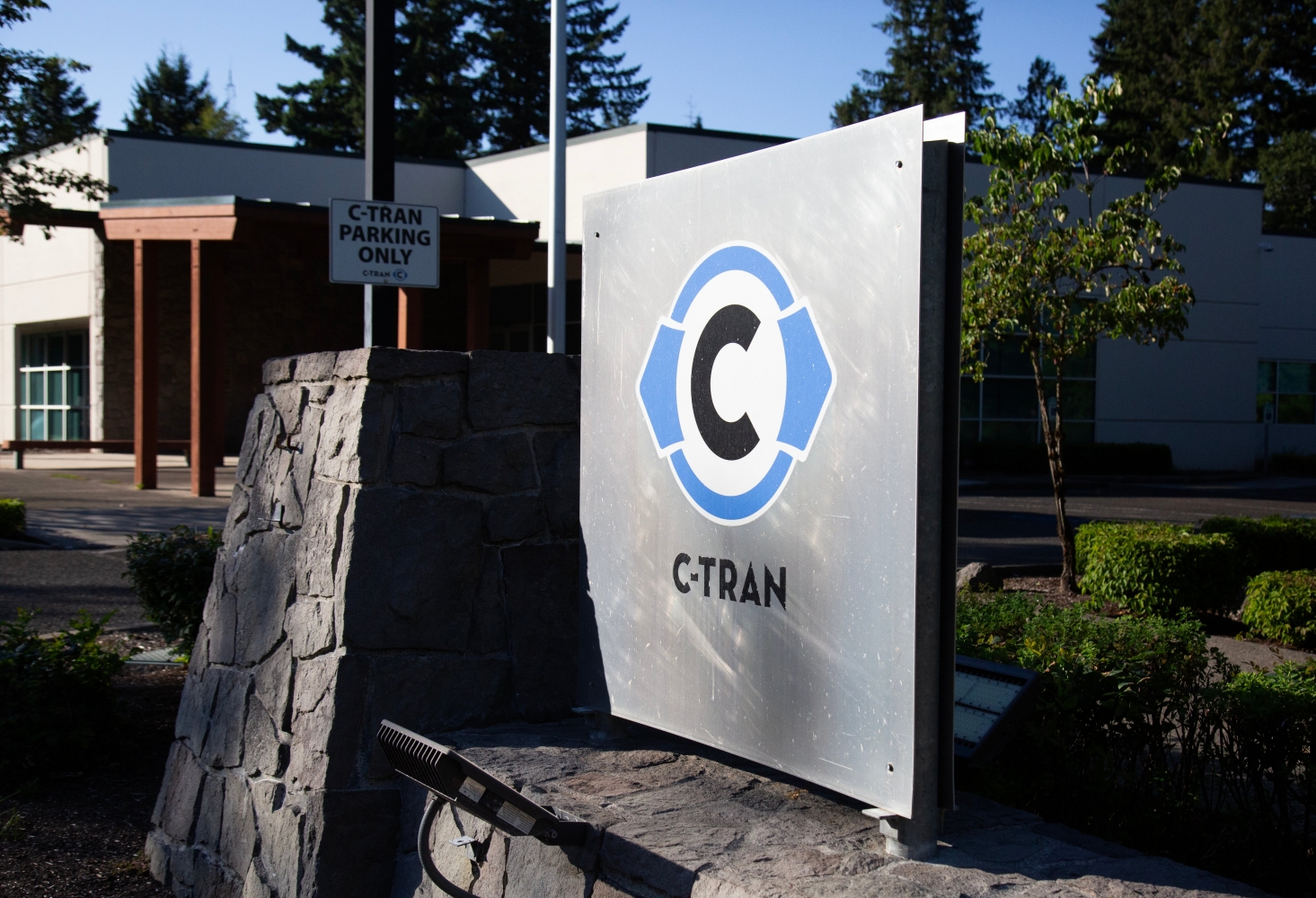

Published on: 09/24/2025
This news was posted by Oregon Today News
Description

Clark County’s transit agency, C-TRAN, could lose millions of dollars in future grants if a Thurston County Superior Court judge determines its board membership isn’t representative of local population and it remains out of compliance with the state.
The dispute between the transit board and Washington’s Department of Transportation moved to court this week, where C-TRAN asked for a final decision.
On Sept. 18, WSDOT officials told C-TRAN Board Chair Molly Coston that it does not agree with a recent C-TRAN assessment that smaller cities like Camas, Washougal and Ridgefield should retain as many board seats as more populous areas like unincorporated Clark County and the city of Vancouver.
C-TRAN “will be ineligible to receive any future awards for grant programs ... for the 2027-2029 biennium and beyond” unless the transit agency gets into compliance by Oct. 1, wrote WSDOT Public Transportation Division Director Don Chartock. Current grant funds will not be affected, according to the letter.
Millions of dollars in future transit operating and capital funds for the county could be affected.
Washington state transportation officials reject effort to reshape C-TRAN board
The potential loss in grants “will inflict irreparable harm on taxpayers and transit users in Clark County. C-TRAN is powerless to stop this injustice and violation of its taxpayers’ and users’ due process rights, absent court intervention,” C-TRAN’s motion to the judge reads.
Thurston County Judge John C. Skinder granted C-TRAN a temporary restraining order against WSDOT on Tuesday. In court documents, Skinder wrote that C-TRAN was justified in its concerns over future funding. The judge also prevented enforcement of the Oct. 1 deadline set by WSDOT. A court hearing was set for Oct. 3.
Coston, who is also a Washougal city councilor in addition to C-TRAN board chair, declined an interview request Wednesday. She said that a decision about the WSDOT letter is expected in the coming days, and that a special meeting of the board composition review committee planned for Thursday had been cancelled.
Are small communities overrepresented?
The dispute between the C-TRAN board composition committee and WSDOT boils down to which cities in Clark County should get representation on the transit agency.
For months, some members of the committee that oversees who gets to be on the C-TRAN board have argued that seats should be shared by a collection of small cities, unincorporated Clark County, and the city of Vancouver, three for each group.
Those small cities, which include La Center, Battle Ground, Ridgefield, Camas, Washougal and Yacolt, total approximately 20% of Clark County’s population. WSDOT argued they are currently overrepresented on the board.
In response, the small cities said they should have equal say on the board because they often don’t get enough benefit from the transit services focused in more populated areas.
Clark County transit punts on decision about Interstate Bridge light rail funding
The debate over who is represented on the C-TRAN board is heightened by the fact that it occasionally votes on issues related to the Interstate Bridge Replacement, including funding for future light rail service.
Representatives from those small cities worry their costs will increase significantly if light rail expands into Vancouver and worry it will contribute to an increase in criminal activity from Portland.
Annual operating and capital grant funds to C-TRAN from the state vary, according to Eric Florip, the agency’s public information officer.
In 2024, C-TRAN received a total of $7.4 million in operating money from WSDOT. For all of 2025, the transit agency is projecting it will get $12.7 million, including $7.7 million in operating funds and $5 million in capital money.
That funding comes primarily from a state program for “people with disabilities, seniors, children, and people living in rural areas” and another program that supports operating and capital expenses in Washington, Florip said.
In 2025, C-TRAN capital funds are being used for a project called “The Vine on Highway 99,” which connects the Vancouver waterfront to the campus of Washington State University, Vancouver, and the Salmon Creek park-and-ride.
News Source : https://www.opb.org/article/2025/09/24/washington-ctrain-funding-court-dispute/
Other Related News
09/24/2025
A man whom a judge this year declared innocent in the 2000 killing of a Coquille teen rece...
09/24/2025
Big Pink buyer Jeff Swickard has doubled down on his Portland bet
09/24/2025
Dear Annie My supervisor and I worked closely together for more than 30 years Over that ti...
09/24/2025
Major school systems including Philadelphia Boston Houston and Norfolk Virginia are consid...
09/24/2025







